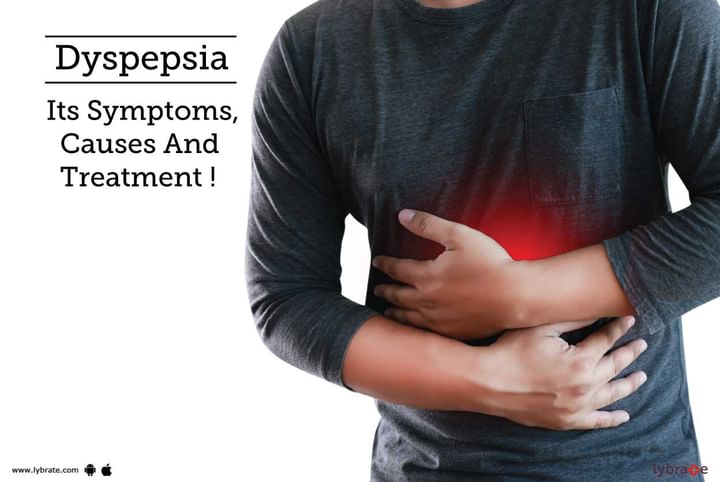Dyspepsia - Its Symptoms, Causes And Treatment!
Dyspepsia is a disorder of the stomach that is characterized by pain in the upper part of the stomach. It is not a single disorder but a collection of symptoms such as nausea, burping and bloating. It results when the acid of the stomach comes in contact with the mucosa of the digestive tract.
These acids cause a breakdown of the mucosa leading to inflammation and irritation which leads to indigestion. It may also result from eating disorders or certain medications.
Symptoms-
The symptoms of this disorder tend to occur mostly after consuming food and drink. In some cases, the symptoms tend to go away after eating or drinking. The symptoms of dyspepsia are -
1. You may feel bloated on a regular basis
2. You may experience discomfort in your stomach
3. Loss of appetite
4. You may experience constant burping
5. You may feel nauseous
6. Symptoms of heartburn
7. You may also experience chest pain and breathing difficulties
8. You may be affected by jaundice
Causes-
The various causes of dyspepsia are -
1. Irritable bowel syndrome which hampers the movement of food through the intestines
2. If you are unable to properly digest dairy products
3. Gastroesophageal reflux disease that results in reflux of the acids of the stomach
4. Any inflammation of the gall bladder
5. Various medicines such as aspirin, steroids and antibiotics may lead to dyspepsia
6. If you suffer from depression or anxiety then it may lead to dyspepsia
7. Excess consumption of chocolate, coffee and alcohol
Dyspepsia may be controlled by modifying your lifestyle. Some of the changes that you may make are -
1. Don't sleep immediately after eating, wait for at least two hours before you go to bed
2. Avoid spicy foods as they tend to aggravate symptoms of dyspepsia
3. Space out your meals, eat multiple smaller meals instead of a few large ones
4. Restrict smoking and alcohol consumption
5. Lose weight as being overweight may lead to dyspepsia
6. Avoid wearing tight clothes
7. Exercise on a regular basis to keep your body healthy and maintain optimal weight levels



+1.svg)
